Last night, I had a long late-night conversation with a junior developer. He told me confidently:
“For freelancers, technical skills are the most important asset.”
To be fair, he’s not wrong. Skills are important—they’re the tools of our trade. But I have a slightly different take. Based on my experience, the real asset for a freelancer isn’t just their skills. It’s their clients.
Skill Is Relative, Not Absolute
When a client says, “This developer is skilled,” they’re not usually referring to some universal benchmark.
More often, what they really mean is:
“They’re better than the last person I worked with.”
So in the world of freelancing, your skills don’t have to be top 1% in the industry. They just need to be better than the person who came before you, or at least, good enough to solve the client’s current problems more reliably and clearly.
That’s why I believe skills alone won’t guarantee success.
Clients Are the Real Asset
When you're working a regular job, your "client" is essentially your team lead or your boss. You usually have one company, one client. But as a freelancer, things are completely different.
Every client you work with becomes an asset.
Some clients come back for more work. Others refer you to new opportunities. Some might even stick with you for years. But here’s the truth:
You can't build that kind of trust overnight.
Clients are long-term assets. They require time, care, and consistency. But once you’ve earned their trust, they’ll bring you far more value than any one-time payment ever could.
Clients Are More Valuable Than Cash
Landing a client isn’t just about securing a gig.
It’s about planting a seed that could grow into ongoing work, new referrals, or even a steady income stream.
One of the biggest fears for freelancers is not knowing when the next project will come. But if you have a strong client base, that fear fades away. You’re no longer chasing work—work comes to you.
That’s why I often say:
“Freelancers may start with skills,
but they survive with clients.”
If You’re Still Employed, Start Preparing Now
If you’re currently working a full-time job but thinking about going freelance one day, my advice is this:
Start building your network now.
Clients don’t magically appear the moment you leave your job.
The coworkers you help today, your team lead, your ex-colleagues, even old clients from your company days—any one of them could be your first freelance client.
So start nurturing those relationships now:
- Build a reputation for being reliable and easy to work with
- Communicate well, even on small projects
- Stay in touch after projects end
- Be someone others want to work with again
These little habits will make all the difference when you step into freelancing.
Final Thoughts
Here’s what I’ve learned over the years:
You can learn skills fast.
But building strong client relationships takes time.
And once you’ve built them, they become your most reliable, most valuable asset.
So even if you’re still in a full-time job, treat the people around you with care.
That small difference in how you manage your relationships might be what leads you to become a freelancer who never runs out of work—and never feels stuck.

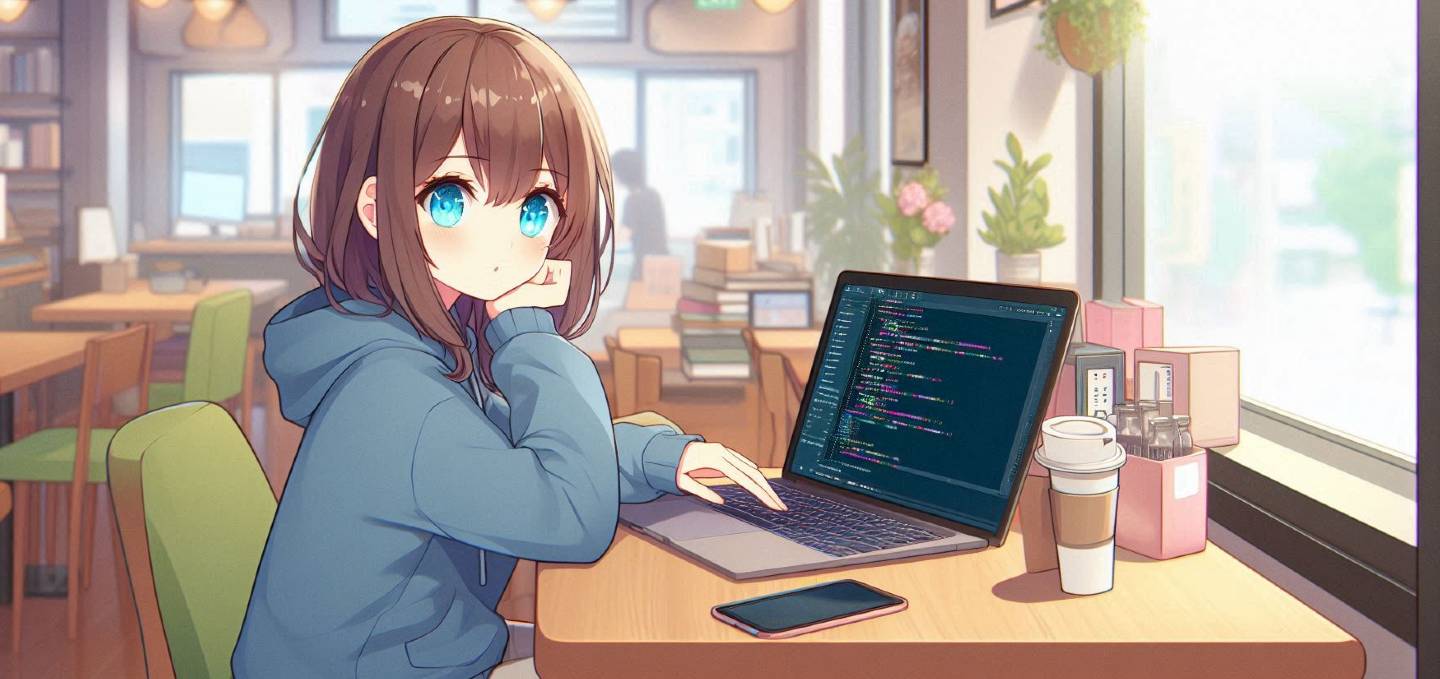




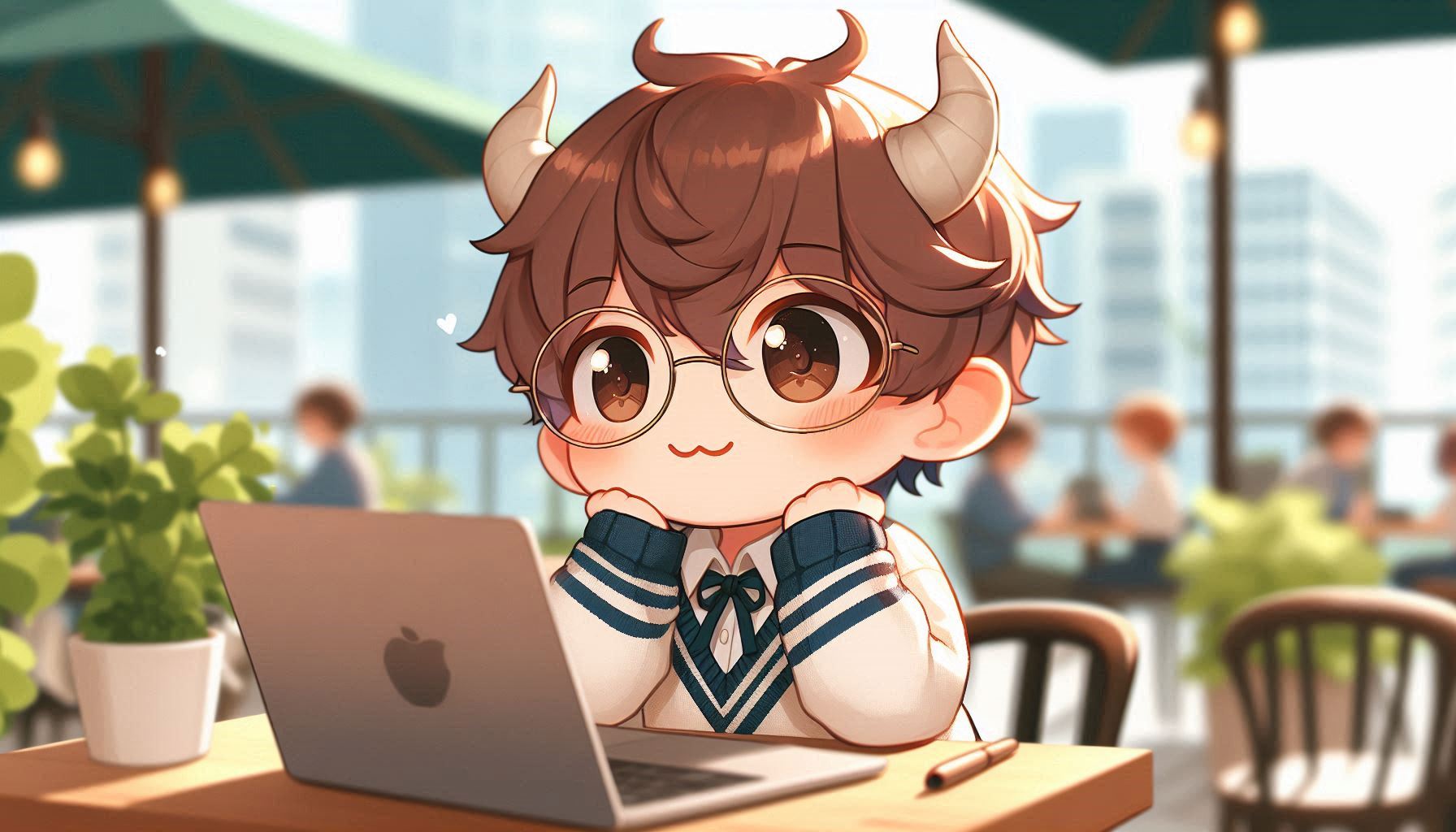
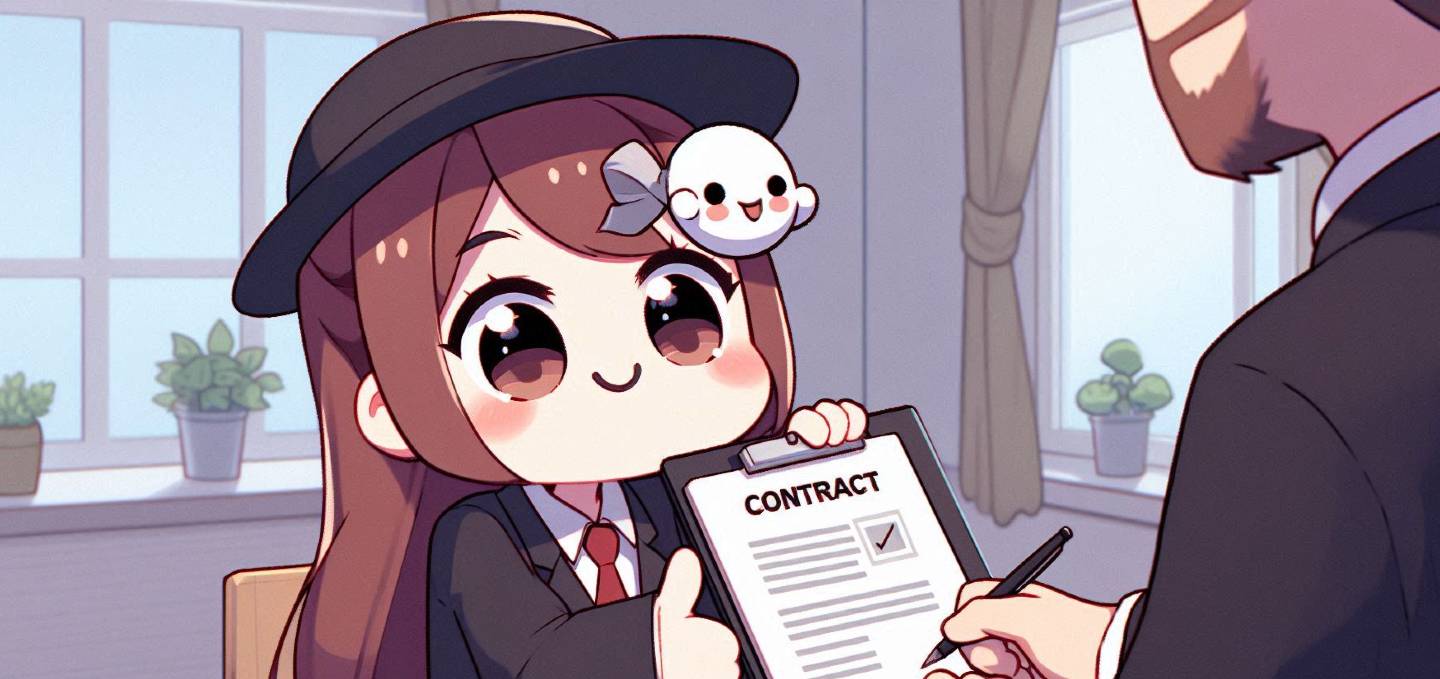
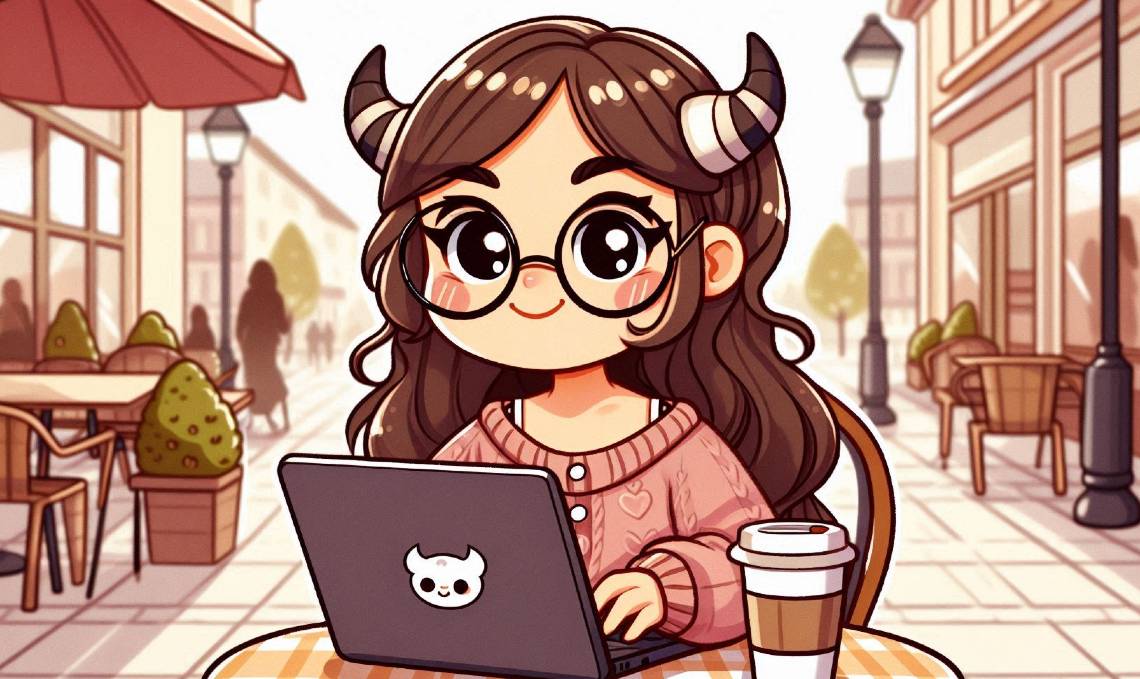
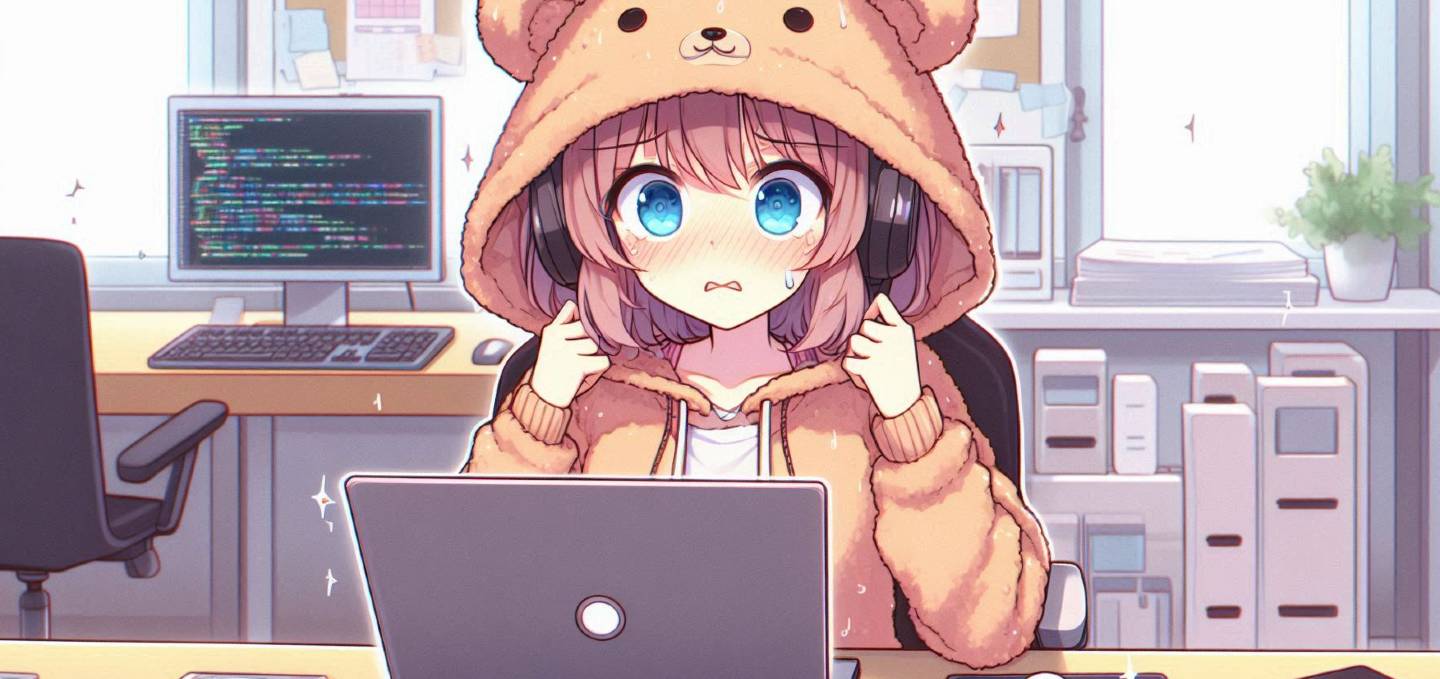

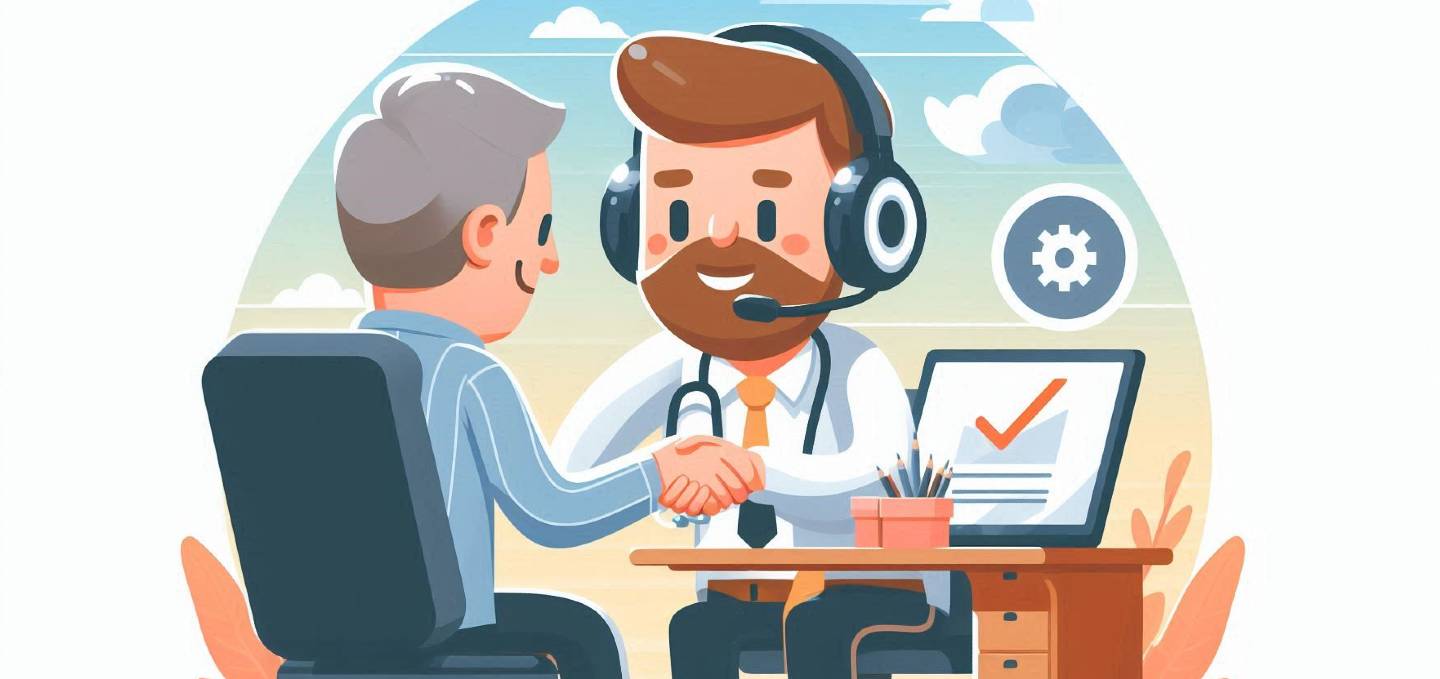

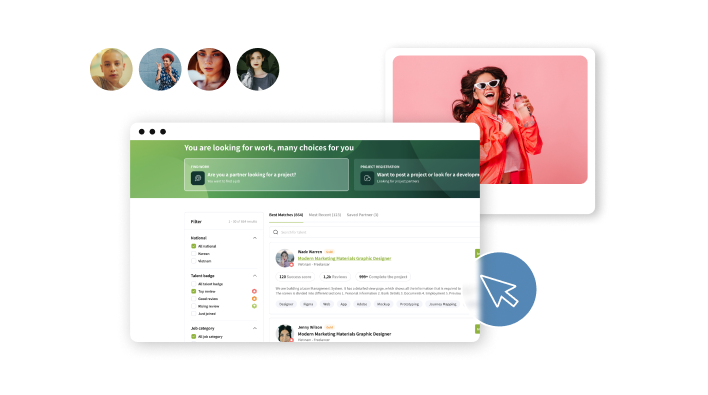
0 Comments
This post has no comments yet
Be the first to commentLeave a comment